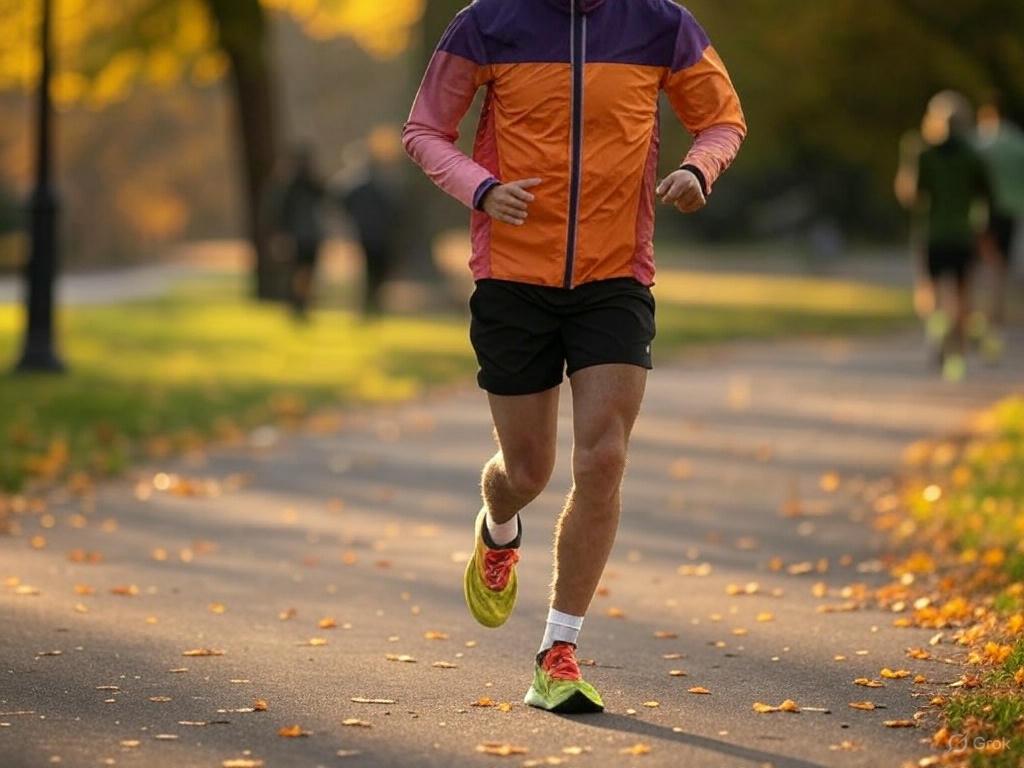
How to Find the Best Fitness Trackers to Monitor Your Progress USA | Checkout NOW
Tracking your fitness journey is like having a mini coach on your wrist—cheering you on, nudging you forward, and keeping tabs on every step. The best fitness trackers turn vague “I worked out” vibes into hard data—steps, heart rate, calories—that show you’re moving the needle. But with a sea of options, how do you pick the right one? In this guide, we’ll walk you through finding the perfect tracker to monitor your progress. Ready to level up? Let’s dive in!
Guessing your effort is a gamble—did you really crush that run, or just feel like it? The best fitness trackers cut through the fog, giving you real-time stats to measure, tweak, and celebrate. They’re your accountability buddy, tailored to your goals. Here’s how to snag the one that works for you.
Fitness isn’t just steps—your goals shape what matters. The best fitness trackers vary by focus: runners need GPS and pace, lifters want rep counts, sleep buffs crave rest stats. Ask yourself—am I chasing distance, strength, or wellness? Write it down.
Match features to that—don’t grab a swim tracker for dry land. It’s your progress playbook.
For all-around monitoring, Fitbit’s a crowd-pleaser. The best fitness trackers include the Versa 4 ($200), blending steps, heart rate, and sleep with built-in GPS for outdoor jaunts. A 6-day battery and slick touchscreen keep it humming. Stress tracking’s a bonus for busy days.
Screen’s dim in sunlight—shade helps. It’s your steady companion for any grind.
Serious about stats? Garmin’s got you. Among the best fitness trackers, the Venu 3 ($450) delivers VO2 Max, training load, and recovery cues—perfect for runners or cyclists. Bright AMOLED display and 14-day battery life shine, plus animated workouts for form.
Price stings—casual movers might pass. It’s your edge for pushing limits.
iPhone fans, this one’s a no-brainer. The best fitness trackers feature the Apple Watch SE ($250-$300), syncing steps, workouts, and heart rate with your phone. Rings gamify progress, and water resistance (50m) suits swimmers. Battery’s 18 hours—charge it nightly.
Android users, skip it—iOS only. It’s your smartwatch with fitness flair.
Tight wallet? No problem. The best fitness trackers include the Amazfit Bip 5 ($80-$100), packing steps, sleep, and heart rate into a 10-day battery life. Lightweight (under 2 ounces) with a big screen, it’s simple yet solid for starters.
App’s basic—dig for details. It’s proof progress doesn’t need a fortune.
Fancy bells won’t help if they don’t fit your life. The best fitness trackers shine with extras like waterproofing (5 ATM for showers or swims), long battery (days, not hours), and comfy bands (silicone beats stiff). Hate tiny text? Go for big displays.
Test the fit—bulky bugs wrists. It’s your daily wear, so make it yours.
Specs lie—users don’t. Before you buy, dig into X posts or web reviews for the best fitness trackers. Fitbit’s app might lag, Garmin’s might overwhelm—real folks spill the tea. Compare battery claims to reality; a “week” can mean three days.
Ask friends too—hands-on beats hype. Knowledge picks the winner.
Finding the best fitness trackers to monitor your progress is about fit—your goals, your wrist, your wallet. From Garmin’s deep dives to Amazfit’s budget brilliance, there’s a match for every mover. Start with what you need to measure—steps, speed, or sleep—and strap on the one that clicks.
What’s your first pick? A sleek Fitbit? A rugged Garmin? Whatever you choose, you’re set to watch your progress soar. Happy tracking!